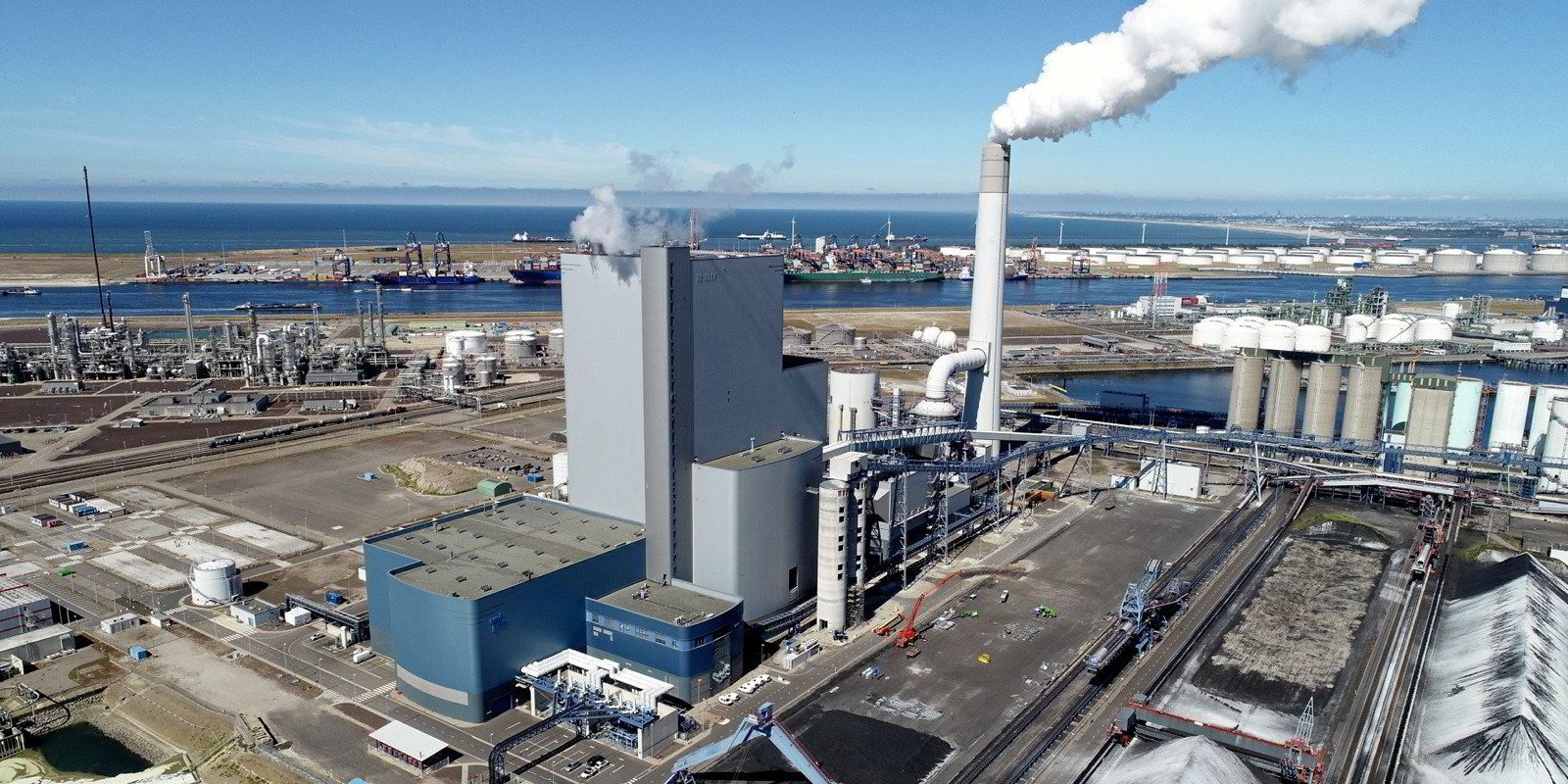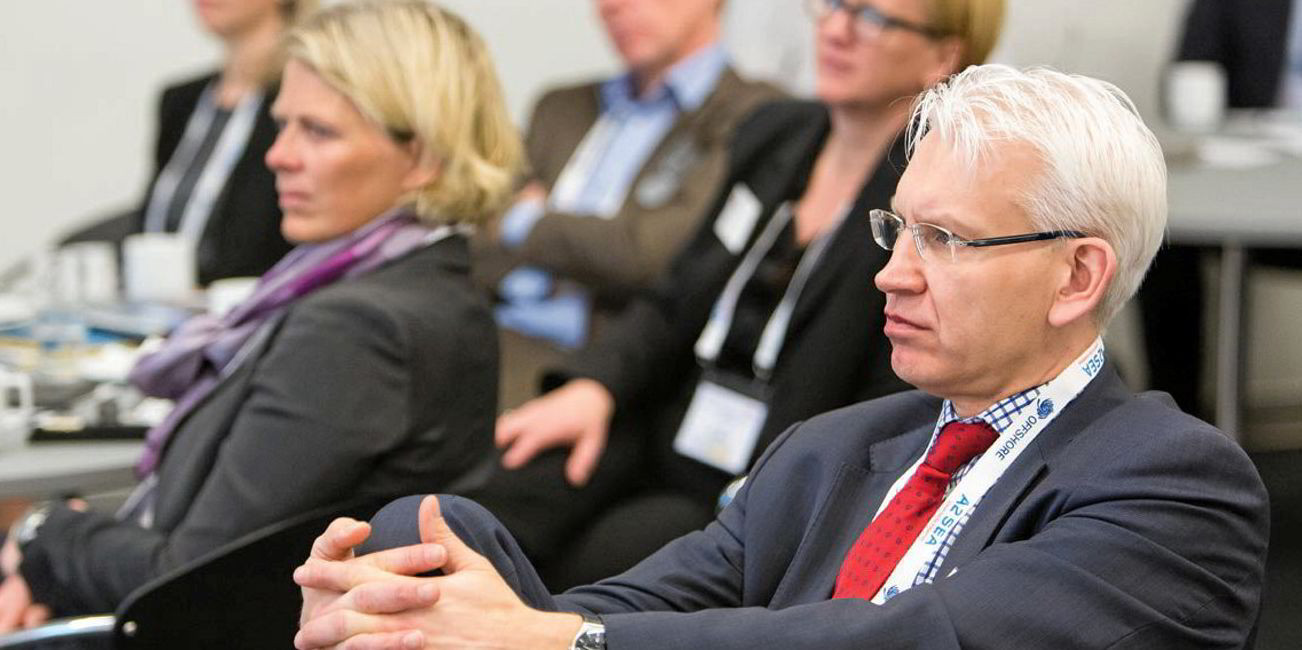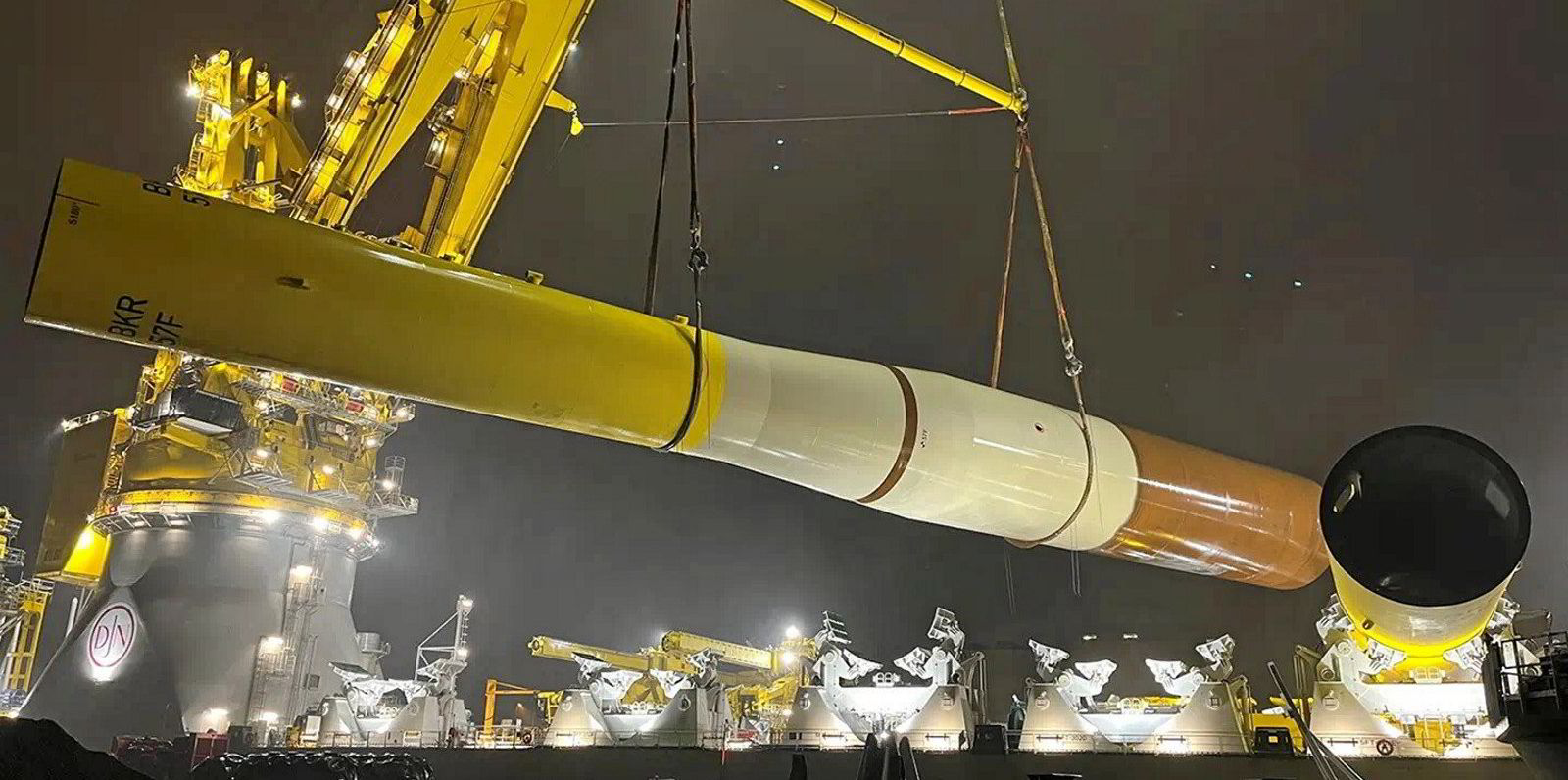German energy company Uniper has admitted its H2Maasvlakte green hydrogen project in the Port of Rotterdam will be delayed and will not after all, speed for a fast-track final investment decision (FID).
With a front-end engineering and design (FEED) study near completion and EU subsidies awarded, the flagship project appeared to be on track for a first 100MW phase to be commissioned as early as the end of 2026, before scaling up to 500MW in subsequent years.
But a spokesperson for Uniper has revealed that the earliest year the project could now start up is 2030, jumping straight to the full 500MW of electrolyser capacity by this date.
The spokesperson admitted further that 2030 is also “a moving target” depending on how demand develops.
The energy company had earlier been awarded a grant for H2Maasvlakte from the EU’s Innovation Fund last summer, but it did not sign a final grant agreement with the European Commission after failing to secure a power purchase agreement (PPA), in line with the EU funding conditions.
H2Maasvlakte is designed to draw on offshore wind power to produce green hydrogen onshore.
Uniper revealed that “not enough offshore wind was available” for multiple competing green hydrogen developments up to 2028.
The rules stipulate that only new renewable power plants built in the same grid bidding zone can be used.
According to Uniper, one problem with developing Dutch green hydrogen projects is that the timelines for hydrogen subsidies and offshore wind tenders do not match up, making it difficult to secure a PPA in advance of government support or vice versa.
In the case of H2Maasvlakte, the rules narrowed the field to offshore wind farms built in Dutch waters within three years of an electrolyser.
“Grid fees have gone up sharply,” the Uniper spokesperson added, referring to a tripling of rates for companies connected to the high-voltage grid in the Netherlands since 2021 and a lack of clear incentives for offshore wind developers to sell their electricity to green hydrogen producers rather than other potential power offtakers.
Uniper is currently calling for the Dutch government to exempt green hydrogen projects from grid fees, which is already policy in Germany for electrolysers installed up to 2026.
The German energy company also pointed out that while the updated Renewable Energy Directive sets clear hydrogen targets in industry and transport, these have not yet been transposed into Dutch law, creating uncertainty about steps that will be used to incentivise renewable hydrogen and its potential offtakers.
Uniper declined to disclose the expected levelised cost of hydrogen that would be produced at H2Maasvlakte.
While its grant from the Innovation Fund has fallen through, the energy firm is continuing to explore other subsidies for H2Maasvlakte, although it also declined to disclose any specific programmes it had applied for.
Uniper was Germany's biggest importer of natural gas prior to Russia's war on Ukraine and received a multibillion euro bailout to prevent its collapse when Russian supplies and assets were cut off by sanctions
Now majority owned by the German government and back in profit, Uniper has said it plans to invest €8bn ($8.6bn) in renewables through the rest of the current decade and also decarbonise its gas business by investing in green hydrogen.
Rotterdam role
A number of other large green hydrogen projects are also being developed at the Port of Rotterdam. For instance, Shell announced it had taken FID on its flagship 200MW Holland Hydrogen 1 plant in July 2022.
This project, which is due to begin operations in 2025, will draw on power from the Hollandse Kust Noord offshore wind farm, which is part-owned by the oil major and began operations up in December last year — within the EU’s three-year window for additionality.
Meanwhile, BP and HyCC (a joint venture between chemicals firm Nobian and the Green Investment Group) are developing their own 250MW H2-Fifty plant, which was selected by the EU as an Important Project of Common European Interest in December 2022.
However, while the Port of Rotterdam Authority had previously suggested this facility could be on line as early as 2025, no timeline has been detailed by the co-developers.
Read more
(A version of this article first appeared in Recharge's sister publication Hydrogen Insight on 3 April, 2024))



